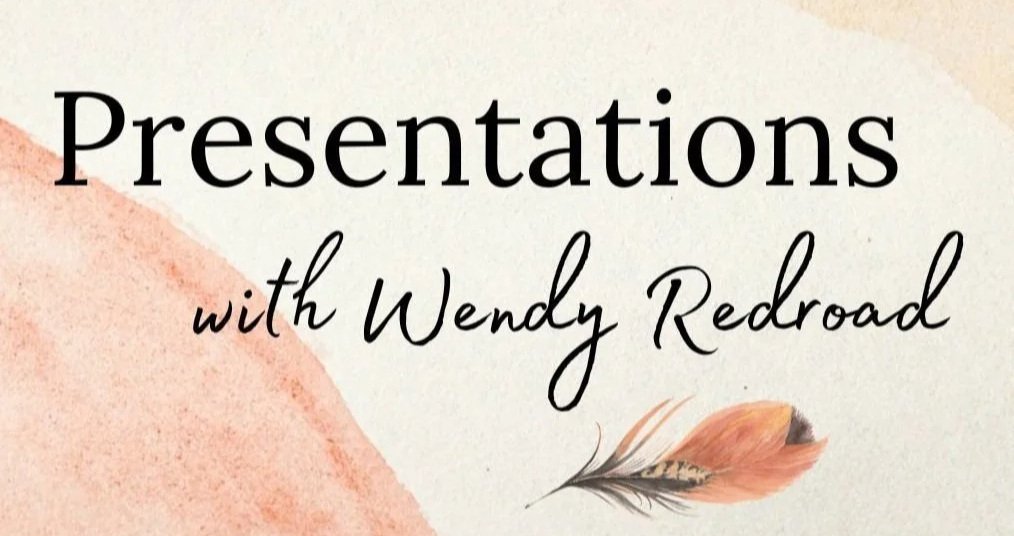The “Unconventional Why” of Mission EDIFY
“When the needs of abuse survivors are unperceived, or worse—minimized in faith communities, the Christian mission to pursue the Common Good of society is compromised.”—Wendy Redroad, Creative Member
In 2007, I attended a class on the topic of forgiveness that was offered through a church program called Freedom Ministries. The class facilitator, one of many pastor’s on staff at this non-denominational church, opened with a question that would seed the formation of Mission EDIFY long before I would recognize it as such and a decade before my conversion to Catholicism.
In a room filled with seventy five (+) folks, the pastor asked, “Who is here for the first time?”
Multiple hands were raised to gesture, “I am!” This prompted another question.
“Who is here for the second time?” Again, hands were raised in acknowledgement.
Pleased with the number of participants who had raised their hands for the second time and with visible delight, the pastor asked, “Has anyone attended this class more than two times?”
At the conclusion of his survey the '“winner” was attending for the fifth time. Everyone clapped except me because I was too busy wondering:What are these folks listening for that they have yet to hear?
On the drive home I commenced my usual prayerful chat with the Father of All Creation:
God, I know that I have forgiven the men who abused me. But the way you readied my heart doesn’t look or sound like the only way it’s taught! Please show me in the Bible what you did for me, and how [it] all came about. If I can’t identify my story in your Written Word, then I am deceived.




